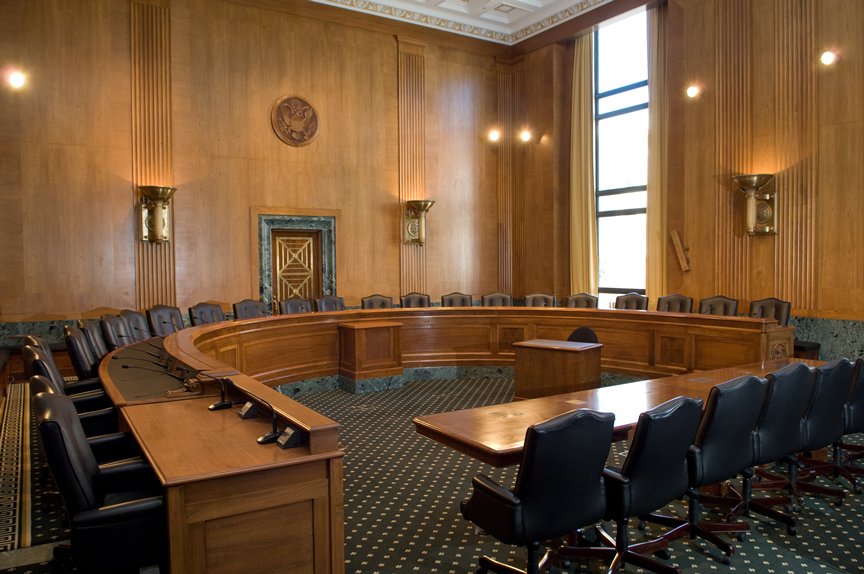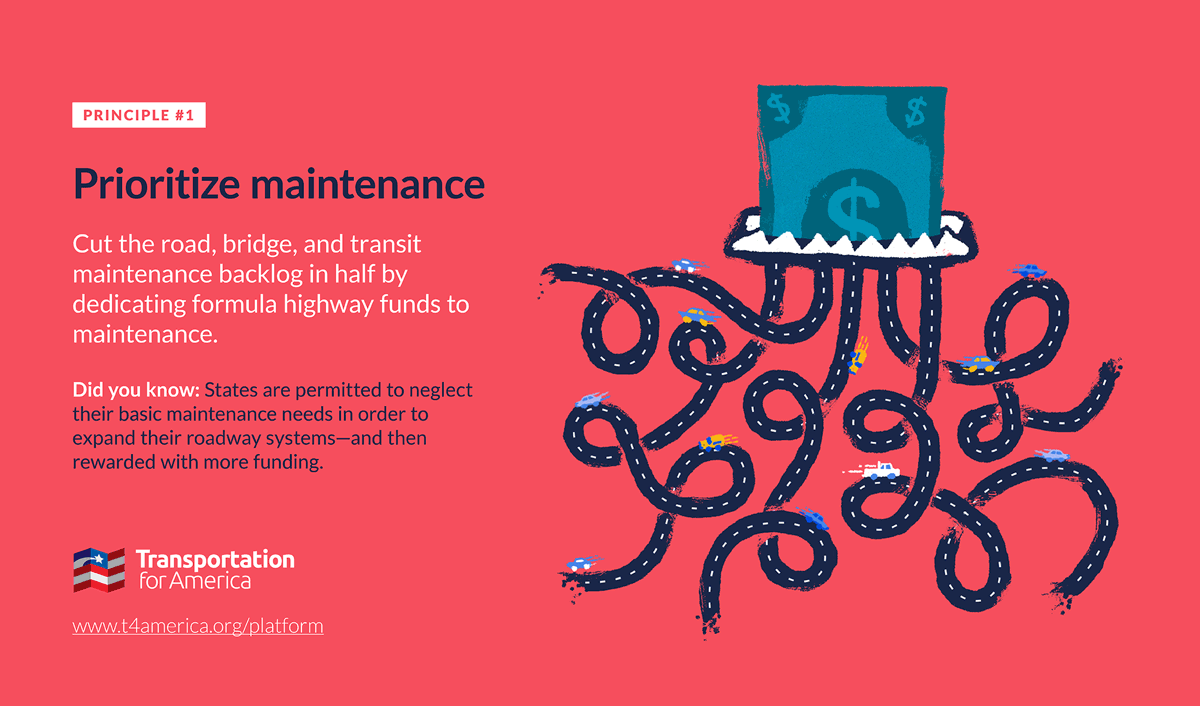Posts Tagged "camp"
Senate poised to take up House plan to patch Highway Trust Fund until Spring 2015

Sometime this week the Senate is expected to take up and vote on the House’s bill to postpone the insolvency of the Highway Trust Fund until May of 2015 via an array of accounting maneuvers to cover ten months of transportation funding.
Senate, House committees approve short-term rescue of trust fund; long-term solution still needed

The Senate Finance and House Ways and Means committees today each passed similar short-term patches to keep the Highway Trust Fund in the black at least through early 2015. If adopted by the full House and Senate, the move to transfer $10.8 billion to the trust fund will avert immediate disaster, but there’s still heavy work needed to find a long-term funding solution.
T4America applauds President and House tax chair for efforts to fix the transportation funding crisis, as local leaders plead for help

Today President Obama and House Ways and Means Committee Chairman Dave Camp (R-MI) introduced separate proposals that would prevent the looming insolvency of the nation’s key infrastructure trust fund. President Obama today unveiled a proposal for a four-year, $302 billion transportation bill, with a windfall from business tax reform covering the shortfall in the Highway Trust Fund for that period. Chairman Camp proposed tax reform measures that would include staving off insolvency of the transportation fund for eight years. James Corless, director of Transportation for America, issued this statement in response:



















